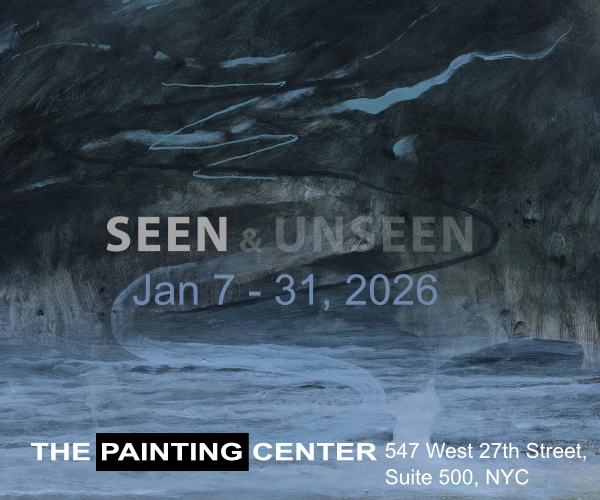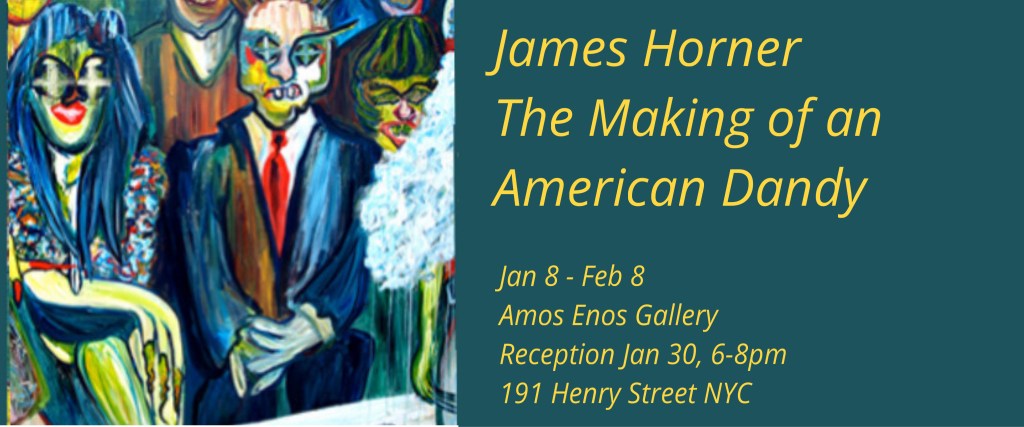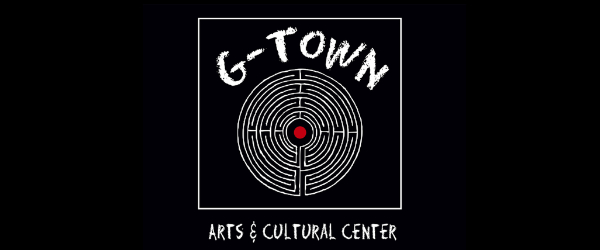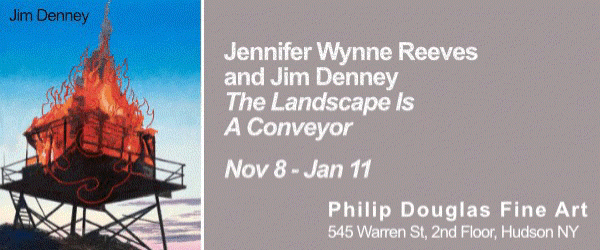
Contributed by Jonathan Stevenson / If the Cold War suppressed heroism to the point where anti-heroes came to rule culture for a superior retrospective take, see Deutschland 83/86/89 the post-Cold War era, bursting with optimism at its inception, may have engendered such disappointment in humankind as to elevate the thoughtful misanthrope to icon. Much of current premium cable television seems to support this thesis, nowhere more starkly than in FXs brilliantly astringent Australian black comedy Mr. Inbetween, which just completed its third and final season. It is visually noteworthy. Director Nash Edgerton foregoes exposition in favor of amusingly obdurate conversations la Tarantino, no-nonsense action, and meticulously constructed and patiently shot scenes like an incongruously grieving Ray Shoesmith standing at a crossroads, smoking a cigarette and focused on the sun rising behind a windmill. The result is an effective fusion of style and substance imparting a persistently indeterminate message: maybe hell change, but most likely not much if at all.
Scott Ryan, the shows creator, stars as the sublimely menacing Shoesmith, a violent ex-soldier now a hit man and general-purpose criminal who feels some compulsion to do the right thing but continually finds it impossible not to default to the wrong thing. Society and ego are major barriers: the conventional, domesticated way of life that tempts him would squelch his greatest talents hes known in the Aussie underworld as The Magician just as submitting to lithium might silence the riffs of a bipolar jazz prodigy. So Ray remains the axe-thrower in the drawing room, the street philosopher who candidly believes, against the insinuations of sanctimonious scolds holding forth in group sessions, that violence often is the answer. While he may seem at first blush like a jaunty contrivance of Elmore Leonards or Donald Westlakes, hes more a Coen Brothers existentialist, facing the possibility that accumulated circumstances may bar reform by force of will.
When a fellow criminal rips Ray off in a gun deal, Rays survival code gives him no choice but to hunt him down and get back his merchandise plus the agreed cash as a penalty. After a hellacious assault, as Ray approaches his lead-shredded quarry with a smoking shotgun, the man acknowledges his transgression and the two improbably bond by introducing themselves: Graham and Ray, brother outlaws. The man dies, and a doleful Ray takes the money and tosses it all to his partners. I dont want it. Thats principle, for all its wearying contradictions, and the scene is transcendently moving, the work of an auteur.

Similarly dark but without Mr. Inbetweens uniquely laconic wit are shows like the engrossing German miniseries The Typist, in which an unassuming police stenographer murders a man she believes, on the basis of confidential information to which she is privy, disappeared her daughter. To her and Shoesmith, the notion of moral progress has become a fantasy. Although in contemporary circumstances this attitude may seem well-earned, most producers prefer to hedge at least tentatively against abject corrosion and decline.

In Loudermilk, for instance, Ron Livingston plays the eponymous once-successful Seattle music critic whose drunken rudeness and recklessness has caused his life to implode. As an unfiltered rehab counselor he is scarcely more civil than his inebriated version, berating his charges and confiscating records he considers lame from the winsome neighbor he is halfheartedly wooing. Still, he does try to claw back hope by helping people. That makes Sam Loudermilk the more familiar loveable misanthrope, the mildly clichd obstreperous sad-sack, and the more sellable character. TV is mainly escapism, and, especially in desperate times, viewers are looking for something to hold on to. But if the real world turns as bad as it evidently could, many might take solace in Ray Shoesmiths ruthlessly Darwinian yet workaday competence. Hes Mad Max made plausible.
Show information:
Loudermilk, created by Peter Farrelly and Bobby Mort. Audience/Amazon Prime, 201720, available on Amazon Prime.
Mr. Inbetween, created by Scott Ryan, FX, 201821, available on Hulu.
The Typist, created by Nina Grosse, 2DF, 2018, available on MHz Choice via Amazon Prime.
Related posts:
Art and Film: Men of wealth and taste
Art and Film: Merchants of nostalgia
Art and Film: Joker is the wrong movie























